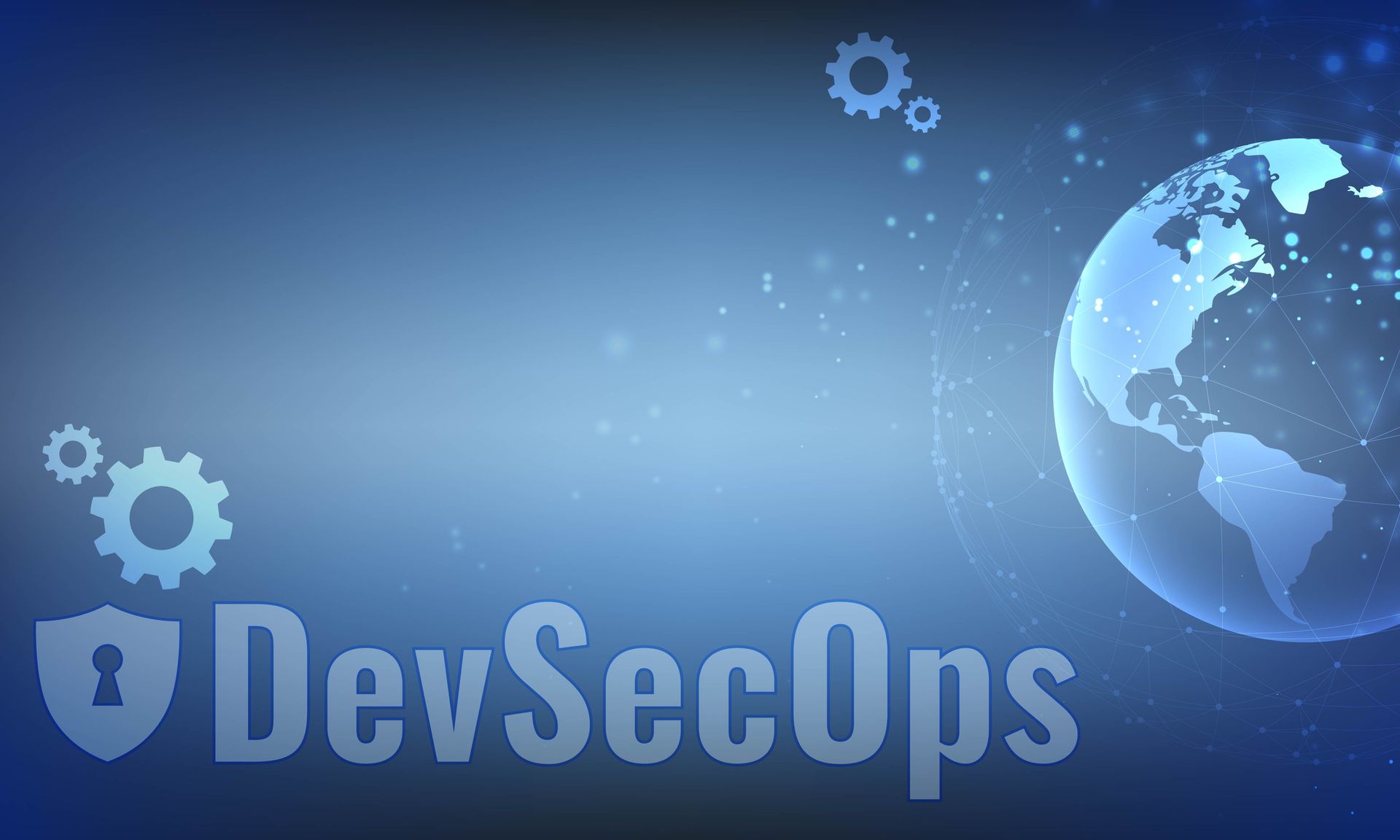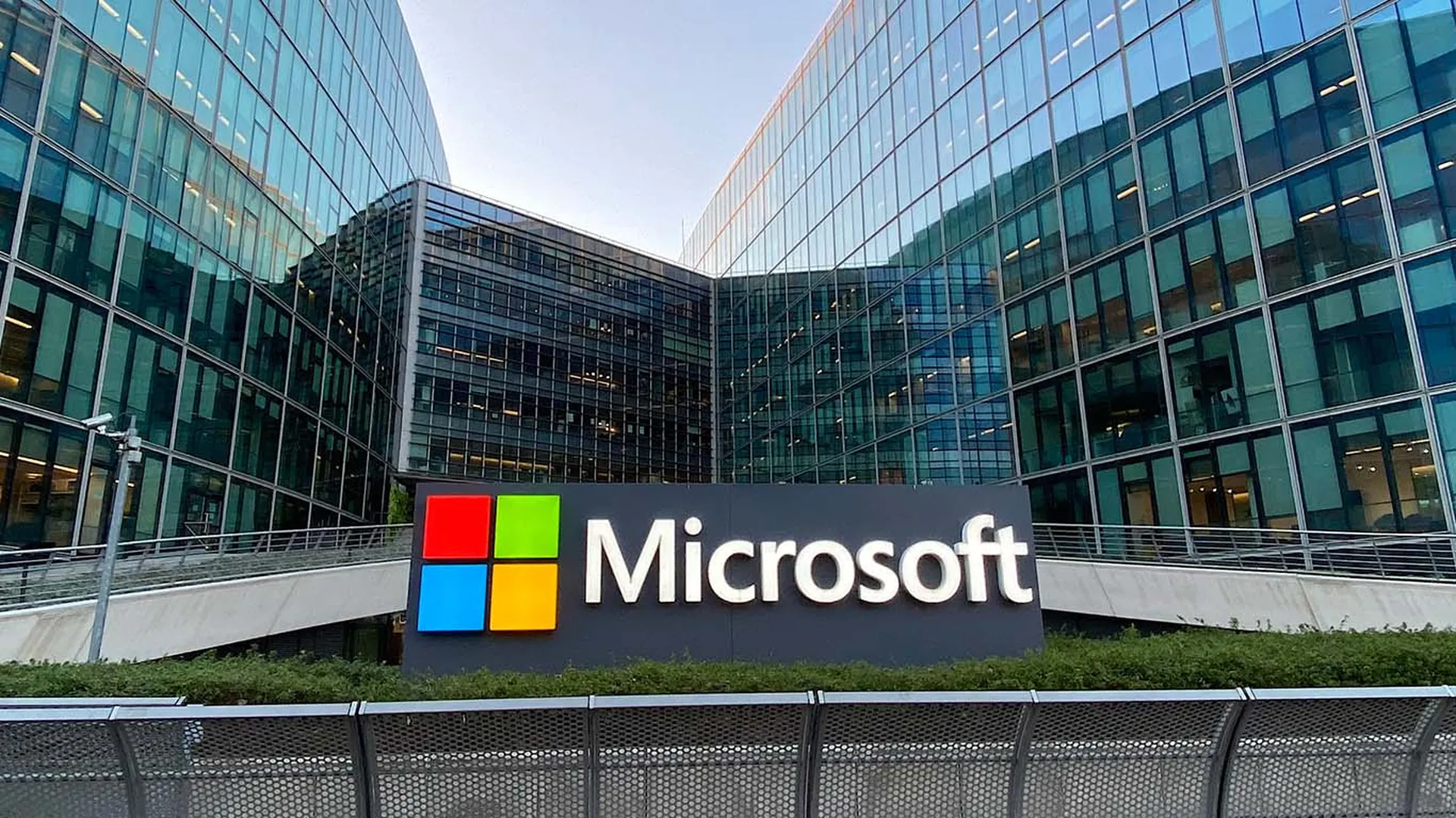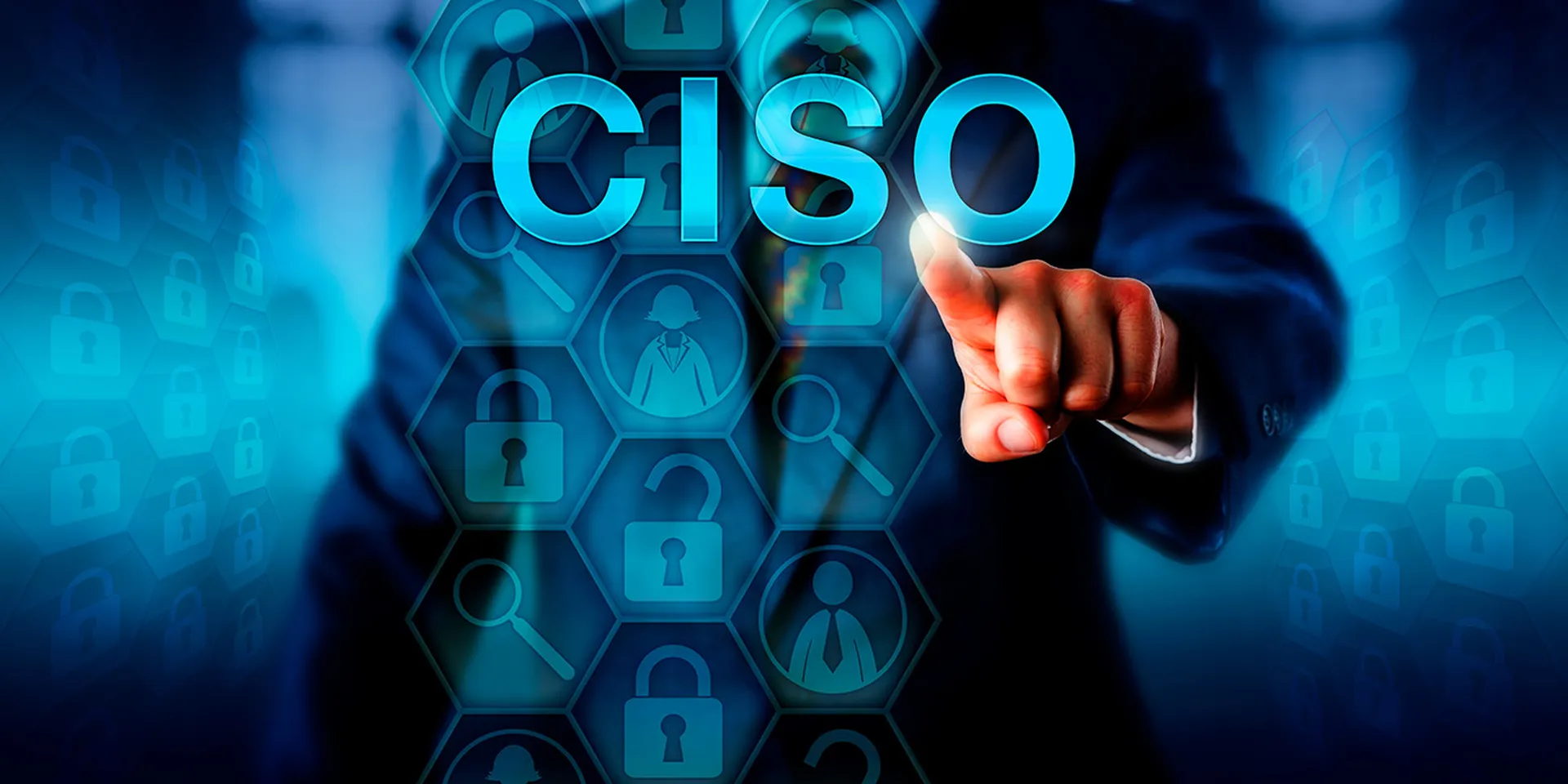CISOs find themselves in an increasingly fraught position: Protect more assets, ship more code, reduce a bigger attack surface, and do it with rapidly diminishing financial resources. It’s an inescapable fact that cybersecurity gets viewed as a cost center, and despite an organization’s security program being what stands in the way of a threat actor making them tomorrow’s disastrous headline, security leaders must do more to sell and prove the overall business value of the department, in language that makes sense to management.
World-class CISOs are rising to the occasion, leading holistic security programs that enhance customer trust, brand reputation, and use all the tools available to them to create undeniable value. It starts with a strategic, preventative approach to common security pitfalls, and leaving behind the mentality that there’s never enough time, resources, or personnel to maintain security excellence. Here’s how to make it happen:
- Change the discussion in the boardroom.
In the current economic climate, few companies and departments escape scrutiny for the money they spend, the hires they make, and their strategic impact on business objectives. Although it may seem a no-brainer that the modern enterprise requires an expansive cybersecurity program, it represents a significant cost to the organization that isn’t straightforward in terms of return on investment.
C-Suite leaders and board stakeholders will need to clearly understand the projected outcomes from the investment cybersecurity initiatives, in terms that make sense outside of numbers in a spreadsheet. They will have different levels of technical knowledge and understanding, and CISOs must make an effort to present their case with accessible messaging. Explain the magnitude of the program, what needs protecting, and which workers need the tools to deliver a best-in-class example. Attacks are on the rise, yet budgets are not keeping up, and fighting the good fight starts with a verbal campaign to justify its merit.
It has long been said that, regardless of vertical, every company has become a technology company. With a digital-first approach the norm in many organizations, this represents an enormous attack surface that needs the best protection that the company can afford at the time. Security leaders wear many hats, but one that’s overlooked (until it is too late) is that they are essentially the custodians of customer trust. We cannot overstate this as a value proposition, and it's just as vital as sales and marketing goals.
- Prove the value of a preventative approach to security.
Current cybersecurity statistics are hair-raising, but playing into FUD and scaremongering usually becomes a futile tactic around budget time. Few members of a company’s leadership team would argue that cybersecurity isn’t a priority, but they are far more likely to sign-off on budget increases if an enterprising strategy tried to use existing resources for better outcomes.
According to recent research by the Neustar International Security Council, just 50% of companies feel they have an adequate budget to tackle their known cybersecurity issues. And with global cyberattacks increasing by 38% between 2021 and 2022, it’s likely to represent an even more difficult road ahead for the average CISO. However, truly world-class security leaders are capable of rising above these pain points and innovating through adversity.
In many scenarios, prevention makes more sense and it’s easier and more straightforward than a cure – it’s no different in cybersecurity. A holistic security program must extend well beyond reactive measures, and with vulnerability management among the top three concerns for many CISOs, it makes sense that developers are an integral part of that movement. They need hands-on education to tackle common security bugs head-on, helping them eliminate these issues at the source and ensure they never make it to production in the first place. We’re now at the point where we cannot keep excusing low-quality, insecure code, and upskilling the development cohort is by far the most cost-effective, potent remedy for code-level vulnerabilities.
It's vital that CISOs fight to retain existing budget, and detail the benefits of role-based security upskilling. Especially for developers, it’s a quicker win than adding the next “silver bullet” to an unwieldy security tech stack.
- Make security part of the brand fundamentals.
Most CISOs didn’t get into their role to exercise a passion for marketing, but it’s one area most CISOs could stand to work on, at least when presenting a case to top management.
The impact of a cybersecurity program on customer trust and brand loyalty has become more important than ever, and a largescale breach can cause an exodus of biblical proportions. In contrast, by aligning the company’s stringent security practices with core brand values, CISOs can send a clear message that customers can rely on them for data privacy and protection.
It's critical that the modern CISO takes the time to highlight the competitive advantages of security strategy and policy as it relates to ongoing positive customer sentiment and trust. Reactive security alone won’t have the same impact, and a balanced approach that focuses on protecting privileged assets with every available resource can become the ultimate differentiator.
There’s no more room for excuses, but there are plenty of compelling reasons CISOs can highlight in their quest for adequate funding for a truly transformative security strategy.
Matias Madou, co-founder and CTO, Secure Code Warrior




